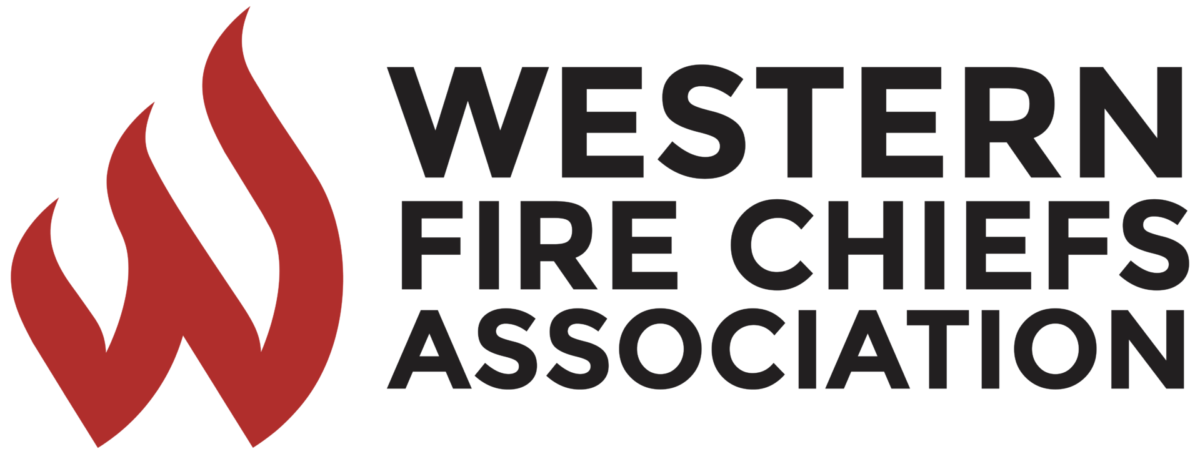Mental Health Awareness Month
Fire Headlines is currently in the process of reformatting the podcast. While we are hard at work behind the scenes, please enjoy revisiting Episode 7: Mental Health Training for First Responders in honor of May being Mental Health Awareness Month.
Review what we discussed in our first responder mental health episode from last year in this reissue of Fire Headlines by the Western Fire Chiefs Association.
Fire Headlines is currently in the process of reformatting the podcast. While we are hard at work behind the scenes, please enjoy revisiting Episode 7: Mental Health Training for First Responders in honor of May being Mental Health Awareness Month.
An article shared by the Daily Dispatch addressed recent policy changes to support firefighter mental health. Early retirements, employee retention difficulties, and increasing post-traumatic stress disorder (PTSD) diagnoses are all indicators of escalating mental health struggles among first responders. In response, 11 fire agencies in South King County, WA, are in the process of creating a behavioral health unit for its crews. Guest expert Dr. Kelly Morgan joins Chiefs Bob Horton and Jeff Buchanan to discuss the science of trauma and the importance of policies that support first responders’ mental health.
Brain Health and PTSD
Dr. Morgan explains that there are physical changes in people who have PTSD, including decreased bloodflow in the brain. She says, “People see mental illness or they see PTSD, depression, suicidality, as a weakness of moral character. And I think we need to stop that completely because it has nothing to do with your fortitude as a human, and it has everything to do with actual brain health.” Destigmatizing mental health discussions and addiction responses like alcoholism can bring much-needed support to emergency responders who are suffering.
Policies and Mental Health Resources for Emergency Personnel
Mental health is a personal struggle, but Jeff notes the importance of regionalized support for emergency personnel. Support networks and policies that encourage treatment for PTSD, anxiety, and depression are needed to help first responders take care of themselves and remain connected to their work. The 11 agencies in King County, WA, hired a consultant to help navigate insurance companies, labor and industry processes, and the behavioral health program design. The project will allow other first-response organizations to use the open-source framework they create.
Bob notes that policies can engage insurance carriers and workers compensation to be part of a mental health and wellness solution in the workplace. He also explains, “In more and more states, with bipartisan support in their states, that there is a presumptive PTSD law […] if you’re diagnosed with post-traumatic stress disorder, that it’s presumed to have been caused by you having been a first responder.”
There are also resources like Struggle Well that focus on training, helping to prepare first responders before they experience burnout or trauma and need treatment. Jeff addresses the importance of these early interventions, saying, “When is the last time you went into an agency and you saw psychological, behavioral, and emotional resiliency training once a month? It probably doesn’t exist in many agencies but maybe that’s the policy change that has to happen—training, not treatment.”
You can email Fire Headlines at [email protected]
Visit www.wfca.com. Sign up for the Daily Dispatch to get the FREE daily newsletter of articles like these in your area, as well as industry developments and trends, at www.dailydispatch.com.



